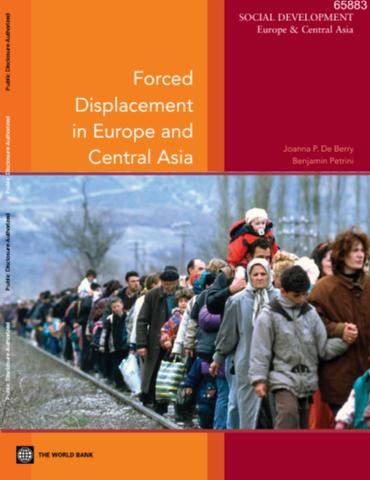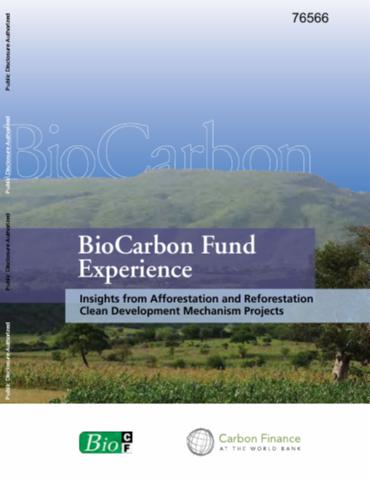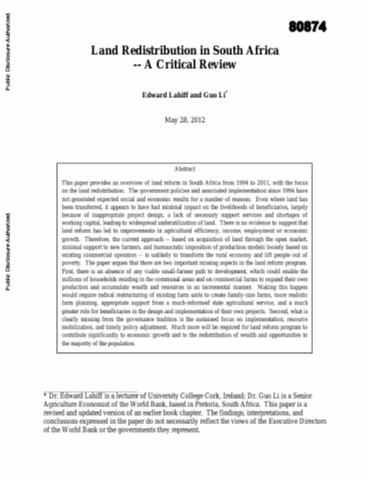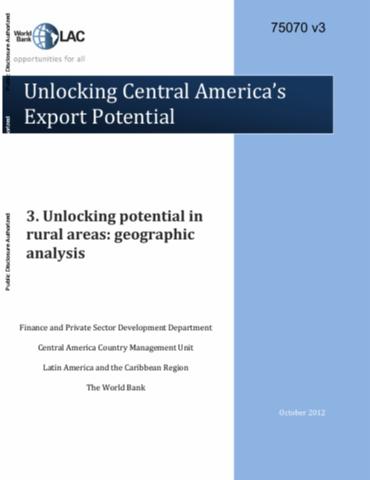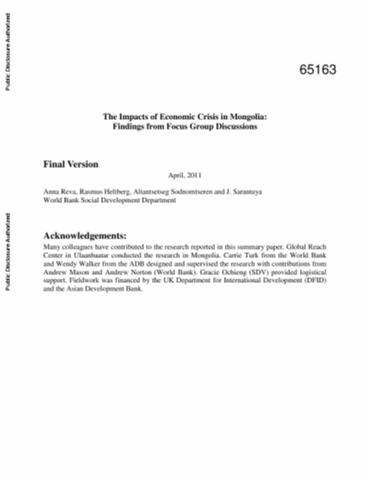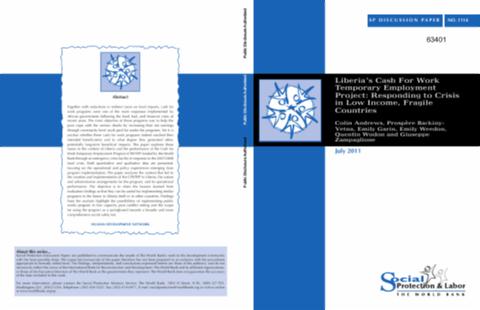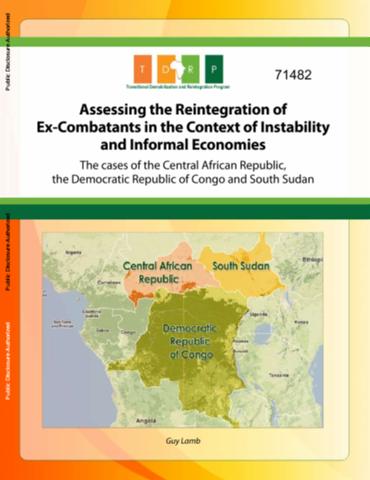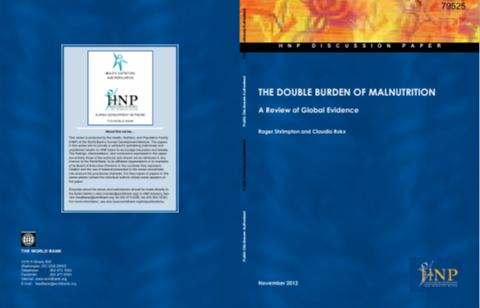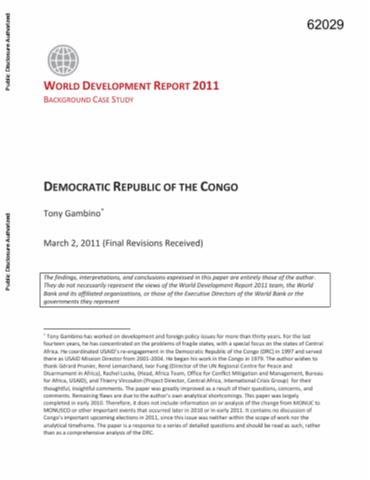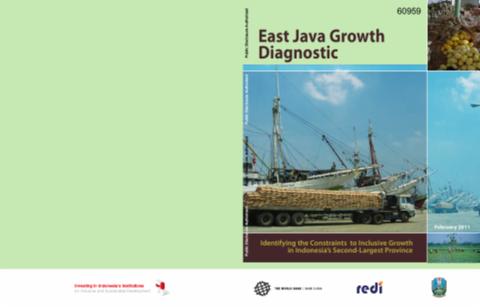Forced Displacement in Europe and Central Asia
This paper describes forced displacement in the Europe and Central Asia Region (ECA) and the vulnerabilities associated with being a displaced person. It analyzes the development challenges of forced displacement particularly protracted displacement in the region and the prospects for durable solutions. Displaced persons face challenges related to recovery of or access to housing and land, employment and livelihoods, access to services and public goods including health, education, and infrastructure, and accountable and responsive governance.

